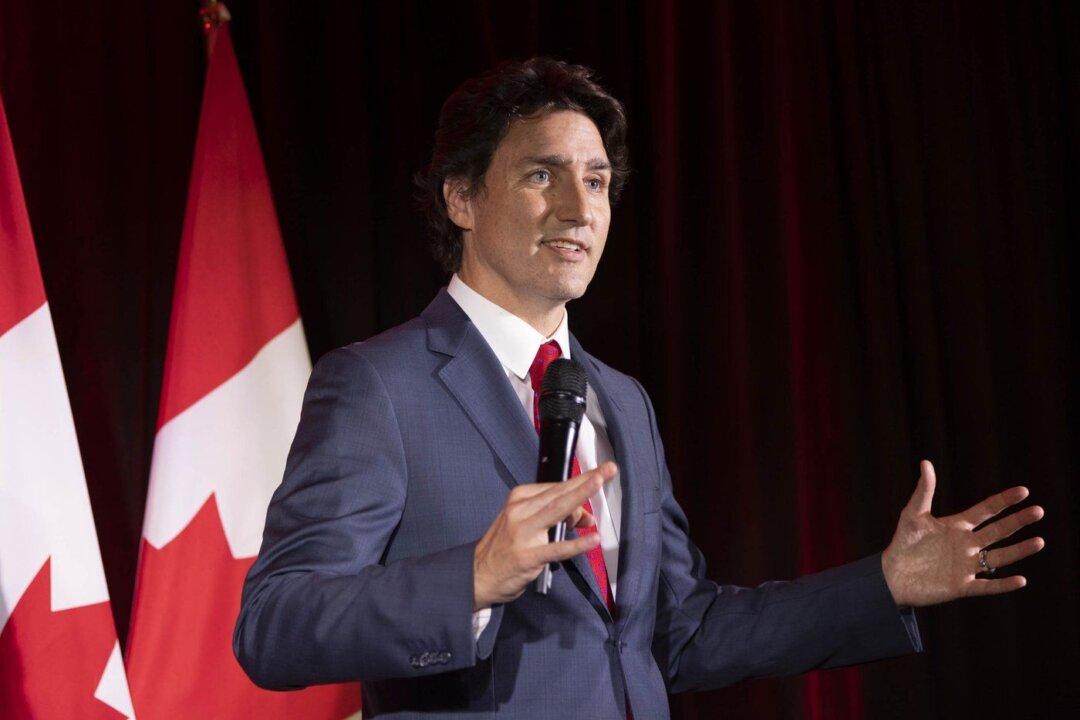The ongoing affordability crunch and the threat of a looming recession will be front and centre as the federal Liberal cabinet holds a post-holiday cabinet retreat this week.
Prime Minister Justin Trudeau and his ministers will spend the next three days in a Hamilton hotel, hammering out their political and policy strategy for the weeks and months ahead.





